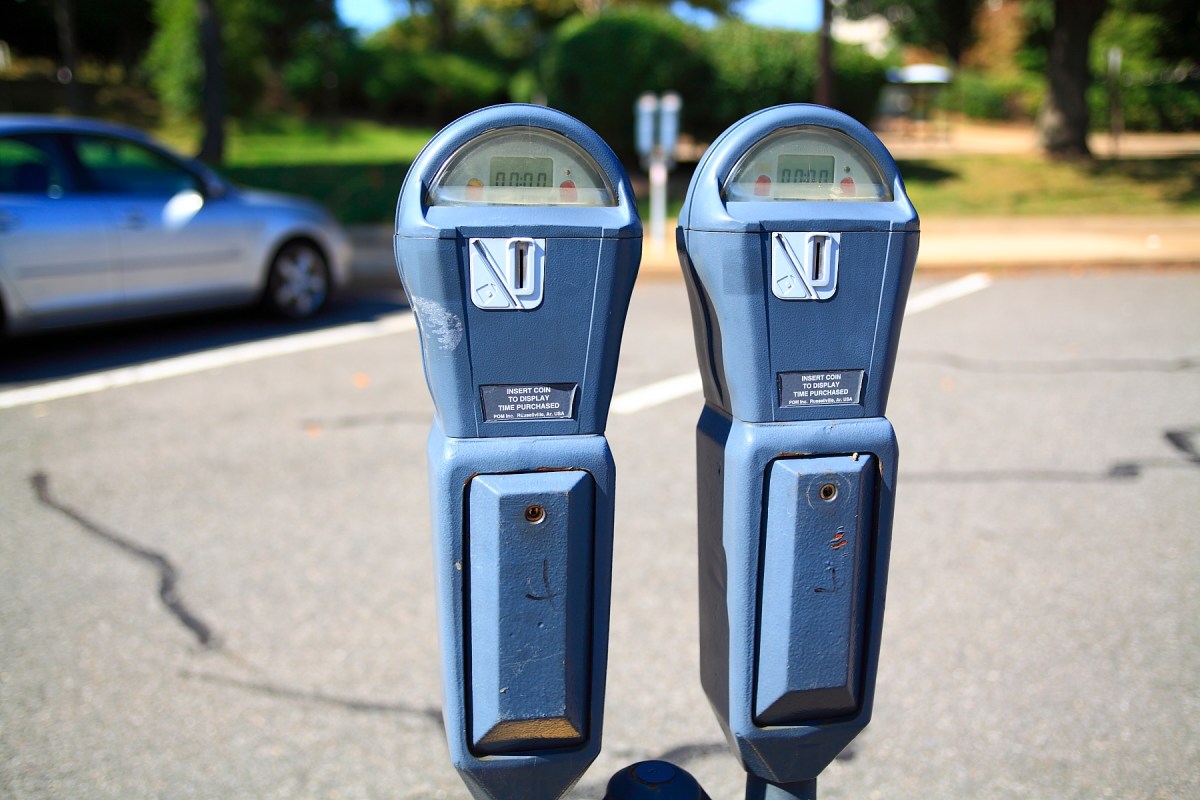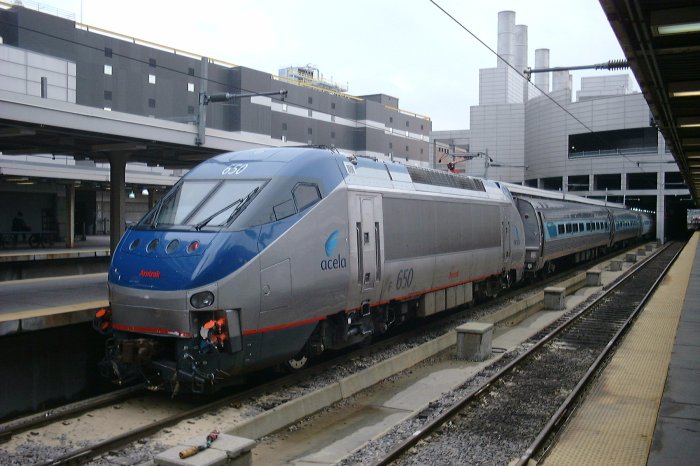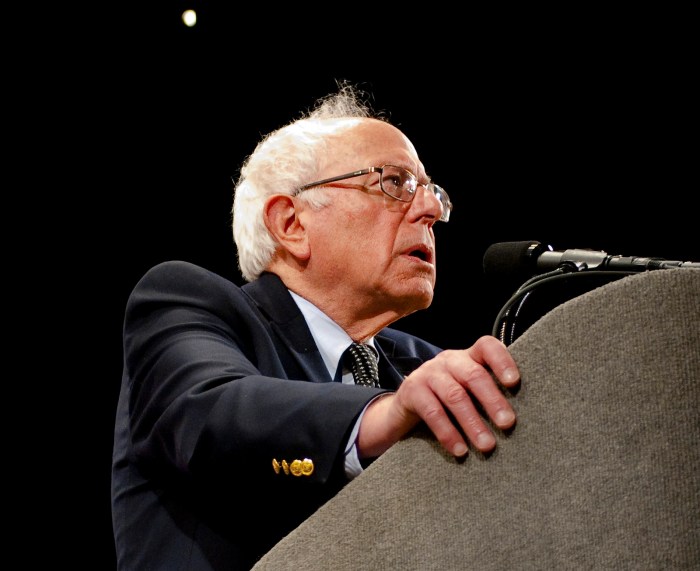Some parking meters in Boston will charge as much as $3.75 per hour under a new one-yearpilot program that will kick off in January, officials announced this week.
Under the Performance Parking Pilot Program, meter rates will be adjusted in the Back Bay and Seaport neighborhoods in order to study how parking-meter prices can reduce street congestion and the time spent searching for an available space. Meter prices in Boston haven’t changed since 2011 when they were raised to the current city-wide price of$1.25 per hour.
In January, spots in the Back Bay will cost drivers $3.75 per hour, which the city says is in line with how costly street parking is in other major cities. In New York City, some Manhattan meters cost $3.50 per hour; in Chicago, spots in the city’s central business district, the Loop, set drivers back $6.50 an hour. About 90 percent of parking spaces on Back Bay streets are taken on a typical day, according to the city, making it difficult to find an open spot. By raising the meter prices, officials hope “to make drivers less inclined to park at a meter all day, and instead utilize off-street garages and parking lots or shift to another mode of travel,” according to the city’spilotprogram. “Boston is focused on reducing crashes and providing safe, livable streets for all pedestrians, cyclists and drivers,”Mayor Marty Walsh said in a statement.”This parking pilot will help us manage parking spots more efficiently, reducing congestion, gridlock and distracted behavior by drivers. We look forward to working with drivers, residents and businesses to provide the best quality of life for all in our city.” In the Seaport, the pilot will try out another method in which parking meter sensors will adjust pricesbased on parking occupancy and parking spot location.
Beginning Jan. 3, all meters in the Seaport pilot area will charge $1.50 per hour. That price will be adjusted by 50 cents every two months. The city will add 50 cents to the meters on blocks where drivers use more than 90 percent of spots and subtract 50 cents for blocks where drivers using less than 70 percent of the parking spots. At those locations, meters will charge a minimum of $1 per hour and a maximum of $4 per hour. Pricewill also vary at different times of the day because the demand for parking in the Seaport changes throughout the day. Prices will be posted on meters and available online. “With Performance Parking, Boston drivers should be able to park easier and circle less,” said Chris Osgood, Chief of Streets, in a statement. “Less time spent each trip searching for parking can mean less congestion on our streets, less emissions in our air and more time spent where we want to be — at our final destinations.” The pilot program was developed alongside a larger study by A Better City, a nonprofit devoted to improving Boston’s economic health and quality of life. The study focuses on the future of parking in Boston and how parking policies can enhance community access. The pilot program also aims to improve safety on Boston’s streets as part of the city’s Vision Zero efforts— to eliminate fatal and serious traffic crashes by 2030. “Drivers searching for a parking spot are distracted drivers, and we know that around 30 percent of street traffic is made up of drivers searching for street parking,”said Gina Fiandaca, commissioner of the Boston Transportation Department, in a statement. “A key goal of this pilot is to open up more spaces and cut down on drivers looking for spots, creating safer streets for all.” Those who study parking policies support the decision. Donald Shoup, an urban planning expert and UCLA professor, has long spoken out about how terrible he believed Boston’s parking situation to be. He thinks that the pilot program is very promising. “For decades Boston ignored other cities’ innovations in managing on-street parking,” he said. “Now, Boston is jumping ahead with its pilot program to use prices to manage parking demand. Adjusting prices to produce at least one open space on every block will make life better for almost everyone, especially drivers who won’t have to circle the block looking for an open spot.” Shoup said that the city’s timing was perfect because other cities, such as San Francisco and Seattle, have “paved the way” in using new technology to set parking prices based on occupancy. “With luck and hard work, Boston may have the most successful performance pricing program in the country,” he said.
Pilot program to boost cost of parking on streets in Back Bay, Seaport

Wikimedia Commons


















